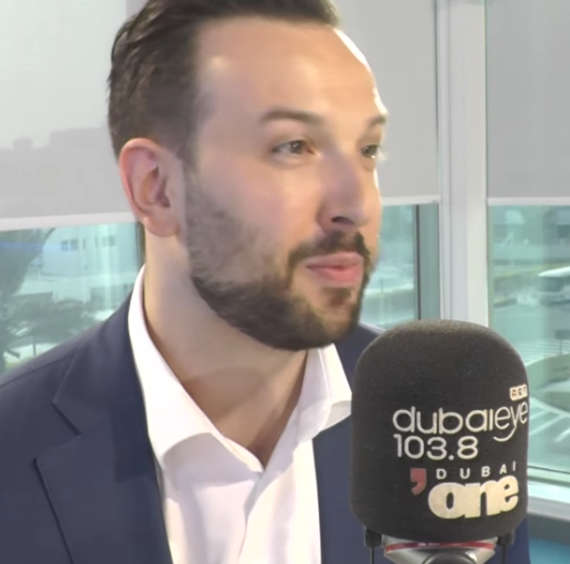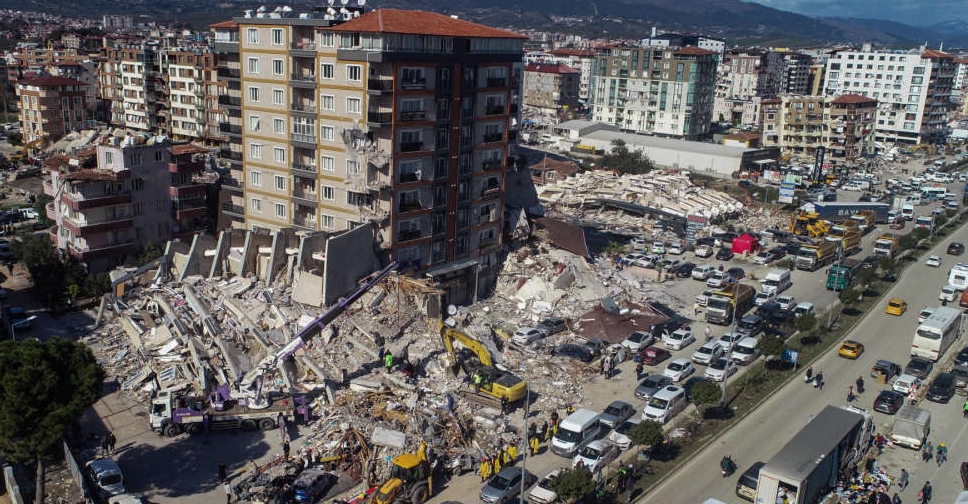
The death toll from earthquakes that struck Turkey and Syria this week neared 16,000 on Thursday as hopes faded of many people being found alive 72 hours since the disaster and frustration simmered over the slow delivery of aid.
A Turkish official said the disaster posed "very serious difficulties" for the holding of an election scheduled for May 14 in which President Tayyip Erdogan has been expected to face the toughest challenge in his two decades in power.
On the ground, many people in Turkey and Syria spent a third night sleeping outside or in cars in freezing winter temperatures, their homes destroyed or so shaken by the quakes they were too afraid to re-enter. Hundreds of thousands of people have been left homeless in the middle of winter.
The number of people killed by the quake, which struck in the dead of night and was followed by powerful aftershocks, is on course to be larger than in 1999 when a similarly powerful tremor killed 17,000 people in Turkey's more densely populated northwest.
In Turkey, footage emerged late on Wednesday of a few more survivors being rescued, including Abdulalim Muaini, who was pulled from his collapsed home in Hatay, Turkey where he had remained since Monday next to his deceased wife.
Rescue workers pulled an injured 60-year-old woman named Meral Nakir from the rubble of an apartment block in the city of Malatya, 77 hours after the first quake struck, state broadcaster TRT showed in live coverage on Thursday.
The death toll in Turkey jumped to 12,873 by Thursday morning. In Syria, already devastated by nearly 12 years of civil war, more than 3,000 people have died, according to the government and a rescue service in the rebel-held northwest.
Aid officials hope to deliver aid into northwest Syria from Turkey on Thursday, using a crossing that had been closed since the quake.
In Turkey, many have complained of a lack of equipment, expertise and support to rescue those trapped - sometimes even as they could hear cries for help.
Further slowing the relief effort, the main road into the Turkish city of Antakya was clogged with traffic as residents who had finally managed to find scarce gasoline sought to leave the disaster zone and aid trucks headed into the area.
At a gas station near the town of Kemalpasa, people picked through cardboard boxes of clothes dropped off as donations.
After facing criticism over the response, Erdogan said on a visit to the disaster zone on Wednesday that operations were now working normally and promised no one would be left homeless.
The Turkish official told Reuters it was now too early to discuss elections given 15 per cent of Turks lived in the affected area. "At the moment there are very serious difficulties in holding an election on May 14," as had been planned, he said.
Across a swathe of southern Turkey, people have sought temporary shelter and food in freezing weather, and waited in anguish by piles of rubble where family and friends might still lie buried.
23 MILLION AFFECTED
In Syria, relief efforts are complicated by the conflict that has partitioned the nation and wrecked its infrastructure.
"There are a lot of people under the rubble there are no heavy equipment to pull them out and the voluntary teams are not able to work with light equipment," said Yousef Nahas, a resident of Salqeen in Syria's northwest, contacted by phone.
Syria's ambassador to the United Nations admitted the government had a "lack of capabilities and lack of equipment", blaming more than a decade of civil war in his country and Western sanctions.
El-Mostafa Benlamlih, the senior U.N. aid official in Syria, said 10.9 million people had been affected by the catastrophe in the northwestern governorates of Hama, Latakia, Idlib, Aleppo and Tartus.
Turkish officials say some 13.5 million people were affected in an area spanning roughly 450 km from Adana in the west to Diyarbakir in the east. In Syria, people were killed as far south as Hama, 250 km from the epicentre.
Erdogan, who declared a state of emergency in 10 provinces and sent troops to help, visited Kahramanmaras on Wednesday, where he said there had been early problems with roads and airports but "we are better today".
Nevertheless, the disaster will pose an additional challenge to the long-ruling president in the election.
Any perception that the government is failing to address the disaster properly could hurt his prospects. Conversely, analysts say he could rally national support around the crisis response and strengthen his position.
Twitter was temporarily restricted in Turkey on Wednesday, just as the public had come to "rely on the service" in the aftermath of the disaster, the Netblocks internet observatory said.



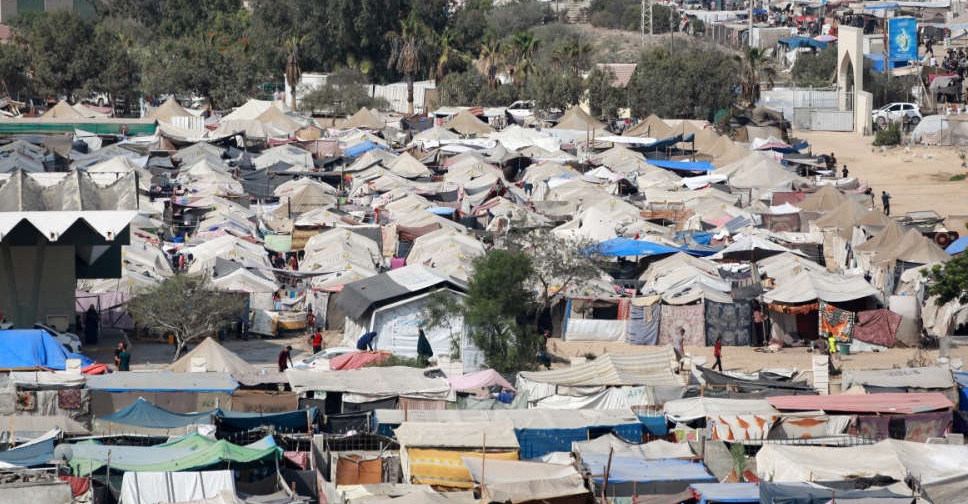 Israel issues a new evacuation order to the residents of Khan Yunis
Israel issues a new evacuation order to the residents of Khan Yunis
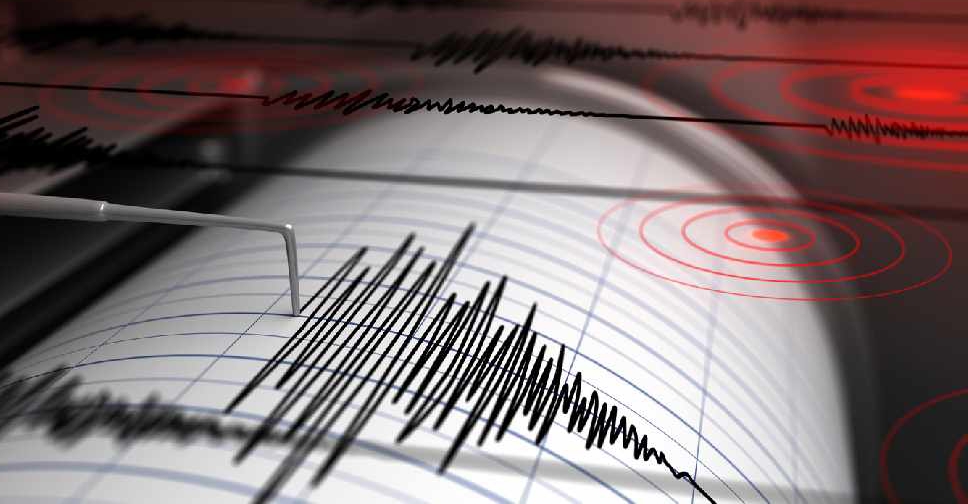 Earthquakes hit the Red Sea, near Saudi Arabia and Sudan
Earthquakes hit the Red Sea, near Saudi Arabia and Sudan
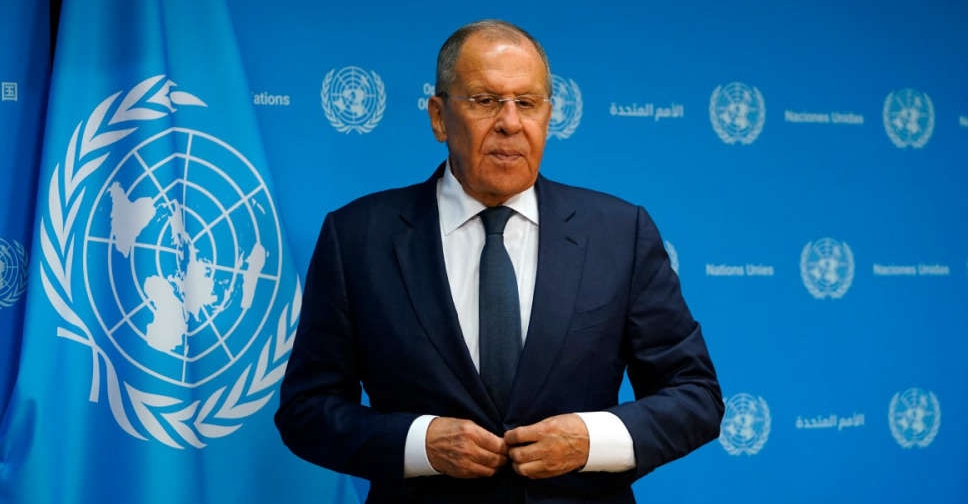 Russia's Lavrov says US-South Korea nuclear guideline adds concern
Russia's Lavrov says US-South Korea nuclear guideline adds concern
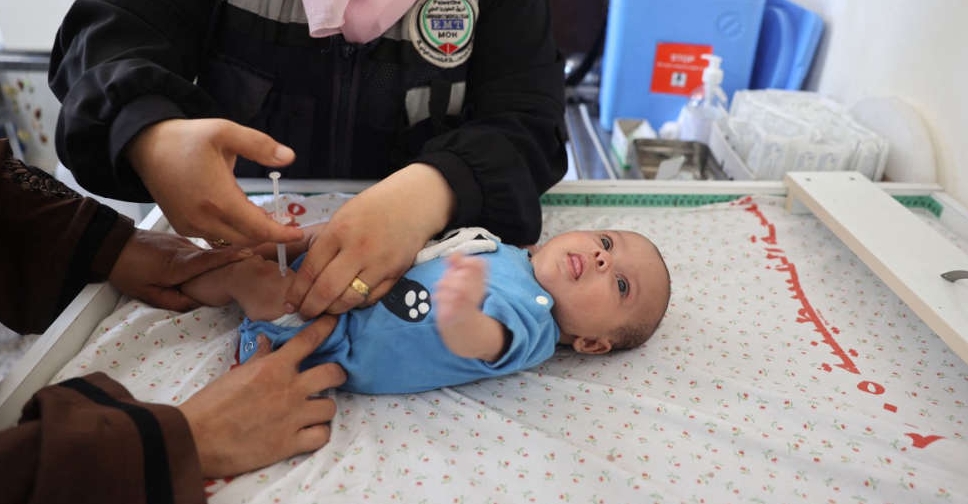 WHO to send one million polio vaccines to Gaza to protect children
WHO to send one million polio vaccines to Gaza to protect children
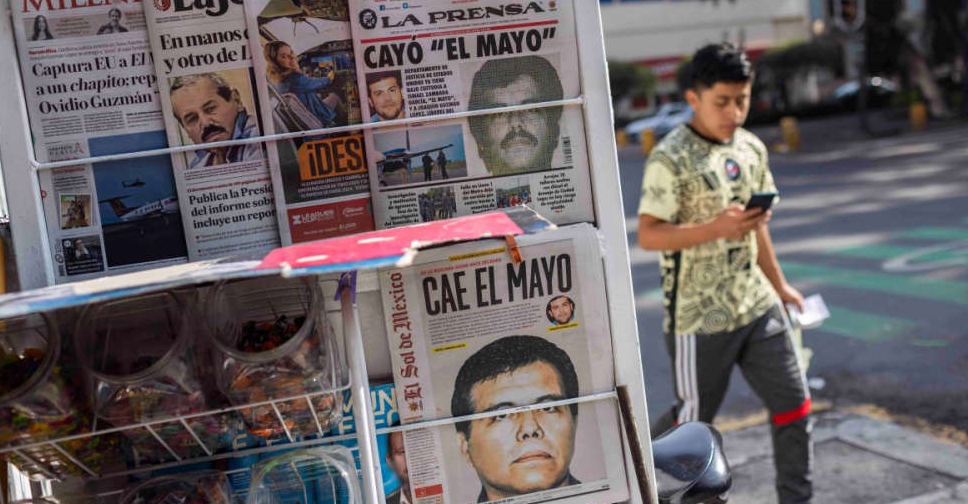 'El Mayo', alleged Mexican kingpin, pleads not guilty to US charges
'El Mayo', alleged Mexican kingpin, pleads not guilty to US charges





